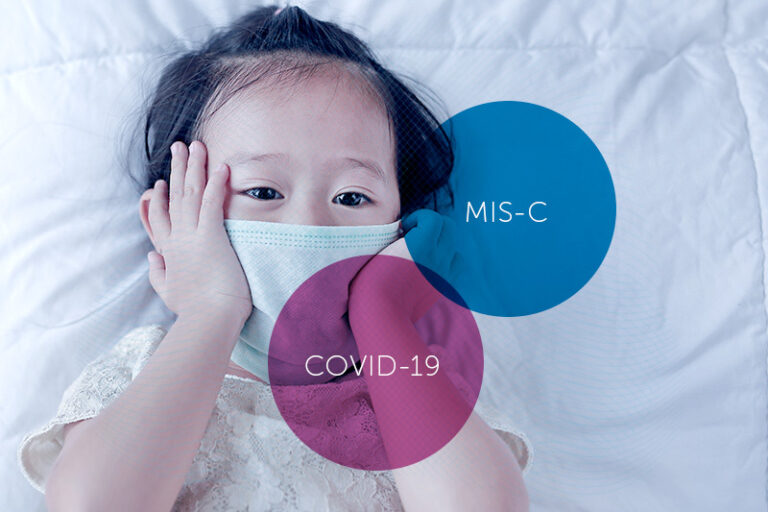
Pediatricians have assured parents to be cautious but not distress about Multi-System Inflammatory Syndrome (MIS-C) which occurs in children after recovering from COVID-19 saying that there are well-defined symptoms and treatment for (MIS-C) and it has a high prognosis and low severity rate of one percent, with the rarity of occurrence.
However, they urge the parents to consult doctors at the earliest if any severe symptoms are observed for it might lead to multiple organ failure.
According to, Pro. Dr. RP Bichha, Director at the Kanti Children’s Hospital, (MIS-C) is a condition where different body parts can become inflamed, including heart, lungs, kidneys, brain, skin, eyes, or gastrointestinal organs. It usually appears in children (0-19) age group after 2-4 weeks of COVID-19 or had been around someone with COVID-19.
“Redness in the eye, difficulty in breathing, sore throat, rashes, fever, blue skin, lips or nails, fatigue, stomach ache, diarrhea and problem in lungs are the major symptoms of disease,” said Dr. Bichha.
Trouble in breathing, pain or pressure in the chest that does not go away, new confusion, inability to wake or stay awake, pale, gray, or blue-colored skin, lips, or nail beds, depending on skin tone and severe abdominal pain are emergency symptoms so one needs to seek emergency care right away, he added.
“We have given treatment to many children having (MIS-C) amid first and second wave via investigation profile and many have recuperated and returned safety. Giving the rarity of its occurrence, low severity rate, and preparedness, parents do not have to distress upon it, but, it is better to consult doctors on time,” said Bichha.
Dr. Bishow Adhikari, Pediatric resident at the Kanti Children’s Hospital and Medical Officer at Bir Hospital, said it is a multi-system inflammatory disease which is caused when anti-body and antigen are positive, currently, has been mainly witnessed in children who had COVID-19.
Robust evidence associating underlying conditions for contracting (MIS-C) is still lacking as per the report of WHO, he added.
Besides, having persistent fever for more than three days, (MIS-C) involves multi-system involvement such as cardiac arrest, pneumonia and water collection in lungs, bleeding, and rashes in the body, said Dr. Adhikari.
“There are inflammatory markers such as CRC which determines the level of severity. These are classified as mild, moderate, and severe. Many children have recovered from a mild condition, but sometimes it persists and becomes severe, in such cases, IVIG is used to treat the patients,” said Dr. Adhikari.
There were 23 cases of (MIS-C) in Kanti Children’s Hospital amid the first wave of COVID-19 and 15 cases during the second wave. Two fatalities of (MIS-C) have occurred in the hospital so far.
Source : THE RISING NEPAL,






